- Hong Kong Island
- Kowloon
- New Territories
- Outlying Islands
More Filters
Views
Include
Find All Hong Kong Property By District - Apartments, Flats And Houses For Sale
Hot Apartments and Flats for Sale In Hong Kong Island

Parkview Terrace Hong Kong ParkviewTai Tam
HK$ 68.8M
SFA 2,049'
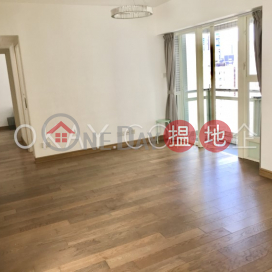
CentrestageSoho
HK$ 14MHK$ 14.8M
GFA 860'SFA 628'[Not Verified]
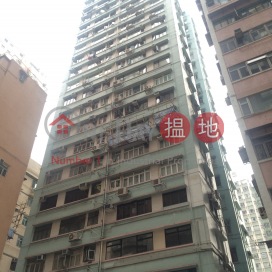
Golden Valley MansionSoho
HK$ 10M
SFA 611'
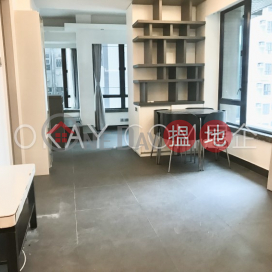
Bella VistaMid Levels West
HK$ 7MHK$ 8M
GFA 571'SFA 383'[Not Verified]
Hot Apartments and Flats for Sale In Kowloon
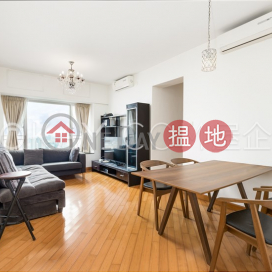
Sorrento Phase 1 Block 3West Kowloon
HK$ 18.8MHK$ 19.2M
GFA 998'[Unverified]SFA 755'[Not Verified]
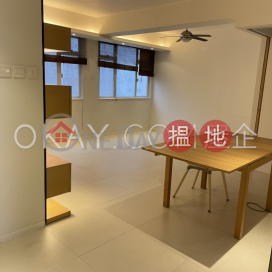
Gartside BuildingTsz Wan Shan
HK$ 10.5MHK$ 11.7M
GFA 768'SFA 625'[Not Verified]
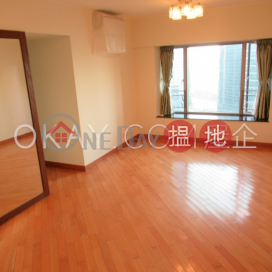
Sorrento Phase 1 Block 6West Kowloon
HK$ 22MHK$ 24M
GFA 1,032'SFA 775'[Not Verified]
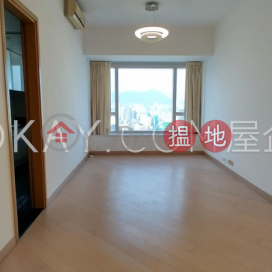
The MasterpieceTsim Sha Tsui
HK$ 31MHK$ 34M
GFA 1,568'SFA 1,133'[Not Verified]
Hot Apartments and Flats for Sale In New Territories
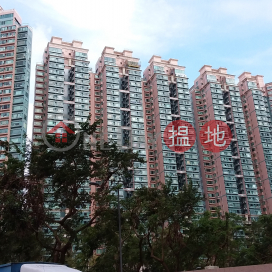
Monte Vista Block 7Ma On Shan
HK$ 14M
SFA 982'
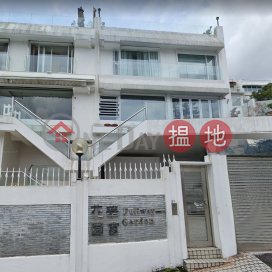
Fullway GardenClear Water Bay
HK$ 23.8M
SFA 1,449'
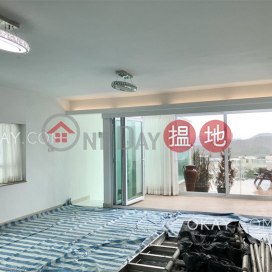
House 1 Ryan CourtClear Water Bay
HK$ 39.88MHK$ 36M
SFA 2,222'[Not Verified]
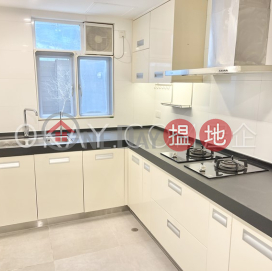
Las PinadasClear Water Bay
HK$ 29MHK$ 28.8M
GFA 1,978'SFA 1,926'[Not Verified]
Hot Apartments and Flats for Sale In Outlying Islands
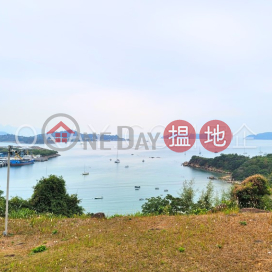
Discovery Bay, Phase 7 La Vista, 11 Vista AvenueDiscovery Bay
HK$ 13MHK$ 12.8M
GFA 1,011'[Unverified]SFA 911'[Not Verified]
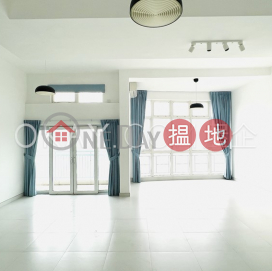
Discovery Bay, Phase 4 Peninsula Vl Coastline, 34 Discovery RoadDiscovery Bay
HK$ 21.7MHK$ 24.9M
GFA 2,174'SFA 1,903'[Not Verified]
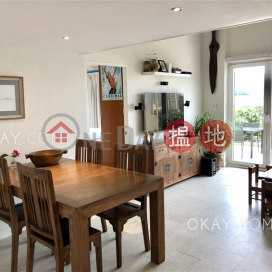
Discovery Bay, Phase 3 Parkvale Village, 13 Parkvale DriveDiscovery Bay
HK$ 22MHK$ 20M
GFA 1,145'SFA 1,074'[Not Verified]
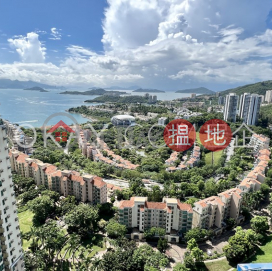
Discovery Bay, Phase 10 Neo Horizon, Neo Horizon (Block 2)Discovery Bay
HK$ 15MHK$ 16.8M
GFA 1,545'SFA 1,213'[Not Verified]
Landlord Listings For Sale In Hong Kong
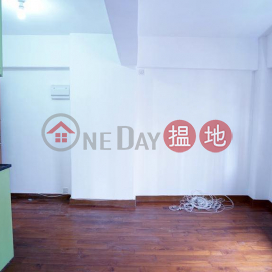
City Centre BuildingWan Chai
HK$ 4.4M
GFA 500'SFA 276'
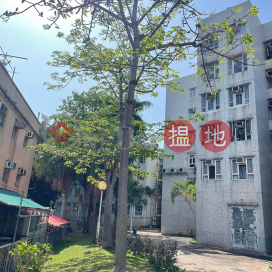
Lung Hin Court, Wing Hin House (Block D)Tai O
HK$ 1.98MHK$ 2.98M
SFA 421'
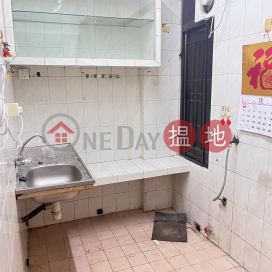
313 Nathan Road Hong Kiu MansionJordan
HK$ 3.2MHK$ 320,000
GFA 800'[Unverified]SFA 584'[Not Verified]
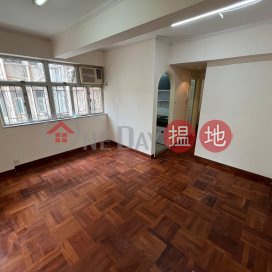
Sum Ming HouseSham Shui Po
HK$ 3.68M
GFA 500'SFA 470'[Not Verified]
Recently Increased Listings For Sale In Hong Kong
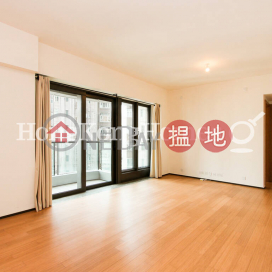
ArezzoMid Levels West
HK$ 23.8MHK$ 23M
SFA 970'
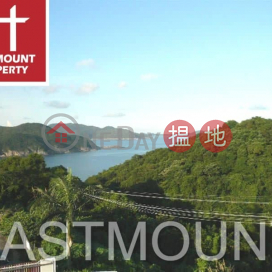
38-44 Hang Hau Wing Lung RoadClear Water Bay
HK$ 40MHK$ 20M
SFA 2,100'
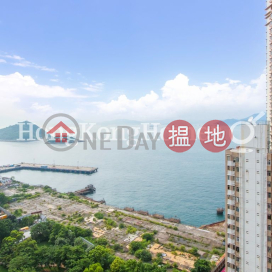
CadoganKennedy Town
HK$ 18.5MHK$ 18M
SFA 733'
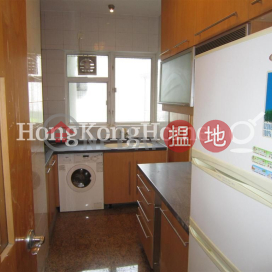
Le Printemps (Tower 1) Les SaisonsSai Wan Ho
HK$ 15.8MHK$ 15.62M
SFA 862'
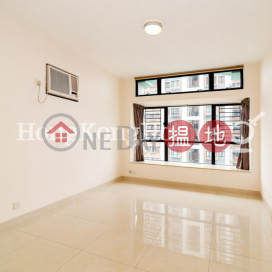
ScenecliffMid Levels West
HK$ 17.5MHK$ 17.2M
SFA 942'
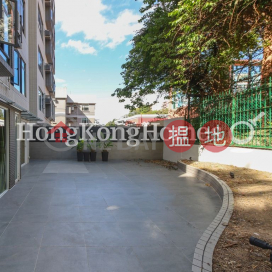
Billion TerraceHappy Valley
HK$ 27MHK$ 25M
SFA 777'
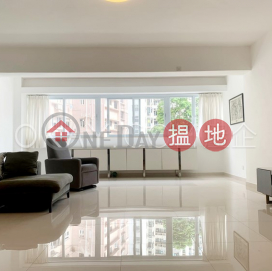
Alpine CourtMid Levels West
HK$ 24.5MHK$ 24M
GFA 1,950'[Unverified]SFA 1,695'[Not Verified]
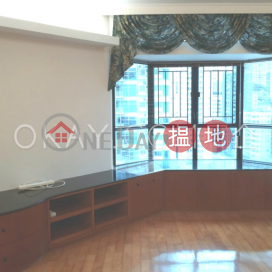
Illumination TerraceCauseway Bay
HK$ 11.5MHK$ 11.3M
GFA 769'SFA 616'[Not Verified]
Recently Reduced Listings For Sale In Hong Kong
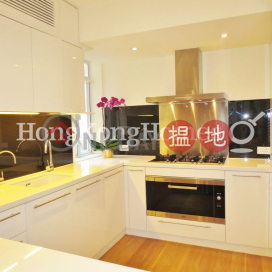
Peace CourtMid Levels West
HK$ 26MHK$ 27.5M
SFA 1,433'
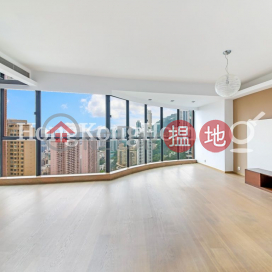
Dynasty CourtCentral Mid Levels
HK$ 48MHK$ 50M
SFA 1,513'

Aqua Blue Block 2Siu Lam
HK$ 32MHK$ 45M
SFA 2,113'
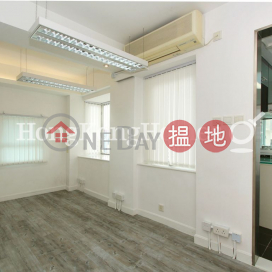
Million CitySoho
HK$ 8MHK$ 8.5M
SFA 374'
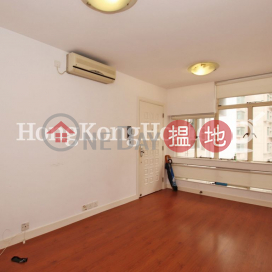
Robinson CrestMid Levels West
HK$ 11MHK$ 13M
SFA 512'
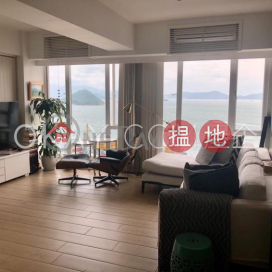
Sum Way MansionShek Tong Tsui
HK$ 9.5MHK$ 11.9M
GFA 1,000'SFA 710'[Not Verified]
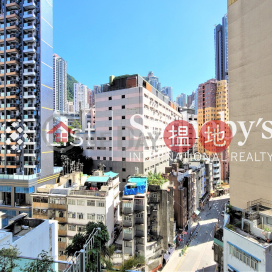
SOHO 189Sheung Wan
HK$ 13.5MHK$ 14.2M
SFA 545'
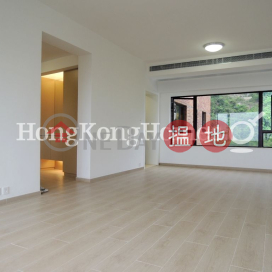
Tower 2 Ruby CourtRepulse Bay
HK$ 42MHK$ 45M
SFA 1,390'
Average Residential Listing Sales Price For Sub-districts Within Hong Kong
Central DistrictOctober 2025
HK$ 37,340 / sq. ft.
↑2% (Last month HK$ 36,673 / sq. ft.)Eastern DistrictOctober 2025
HK$ 19,303 / sq. ft.
↑2% (Last month HK$ 18,965 / sq. ft.)Southern DistrictOctober 2025
HK$ 36,717 / sq. ft.
↓3% (Last month HK$ 37,694 / sq. ft.)Wan Chai DistrictOctober 2025
HK$ 26,617 / sq. ft.
↑5% (Last month HK$ 25,411 / sq. ft.)Western DistrictOctober 2025
HK$ 22,336 / sq. ft.
↓3% (Last month HK$ 22,951 / sq. ft.)Cheung Sha WanOctober 2025
HK$ 17,347 / sq. ft.
↑2% (Last month HK$ 17,071 / sq. ft.)Kowloon CityOctober 2025
HK$ 24,995 / sq. ft.
↑14% (Last month HK$ 21,895 / sq. ft.)Kowloon TongOctober 2025
HK$ 15,983 / sq. ft.
↓5% (Last month HK$ 16,848 / sq. ft.)Yau Tsim MongOctober 2025
HK$ 27,899 / sq. ft.
↑9% (Last month HK$ 25,571 / sq. ft.)Sai KungOctober 2025
HK$ 12,541 / sq. ft.
↓5% (Last month HK$ 13,247 / sq. ft.)Sha TinOctober 2025
HK$ 18,316 / sq. ft.
↓19% (Last month HK$ 22,620 / sq. ft.)Tsuen WanOctober 2025
HK$ 10,848 / sq. ft.
0% (Last month HK$ 10,848 / sq. ft.)Yuen LongOctober 2025
HK$ 17,276 / sq. ft.
↑0.54% (Last month HK$ 17,184 / sq. ft.)Lantau IslandOctober 2025
HK$ 11,804 / sq. ft.
↓14% (Last month HK$ 13,789 / sq. ft.)About Buying Apartments, Flats And Houses In Hong Kong
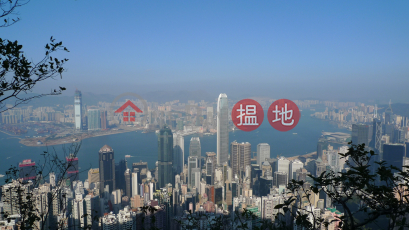 Hong Kong
Hong Kong
Residential Properties / Flats / Apartments Rental & Sales in Hong Kong
Hong Kong (SAR) is guaranteed to feature in discussions amongst the property developer and investor communities all around the world. For one, it's very well known for its small handful of ultra-rich property moguls - a select few that have virtually dominated most of the former British colony. But Hong Kong also has some of the most talked-about real estate in the world; ranging from its public and private residential housing estates, industrial parks, commercial & office buildings to its high-end luxury retail precincts in sought after shopping areas. Perhaps the most talked-about is the topic of Hong Kong's housing affordability.
For several years now, Hong Kong has consistently been ranked as the most expensive property market in the world. There are a number of factors that have contributed to this somewhat contentious title, but very generally, it is due to supply and demand. Geography has some, albeit small, part to play in this; with over 700 mountainous islands, developing land with infrastructure can understandably be both challenging and expensive. Another small, but noteworthy contributing factor affecting the supply and demand equation is Hong Kong's popularity - Hong Kong is one of the most densely populated regions of the world with a population of approximately 7.5 million (and growing). That's over 7,100 people per square kilometre of inhabitable space. Of the already existing developed areas, many parts of Hong Kong are overflowing.
What makes Hong Kong so popular to live and work? Not only is Hong Kong a financial mega-hub, but it has a temperate climate, a decent quality of life with good healthcare and education. It's also positioned, geographically, as a favourable access point into the world's most populated country; the People's Republic of China. However, a major factor influencing supply and demand (and therefore property prices) comes down to Hong Kong's very low income and corporate taxes - but more precisely - the method of selling land to developers that the Government deploys in order to offer these attractive low tax rates.
Hong Kong's undeveloped land is 100% owned by the Hong Kong Government. It's not put up for sale very often, but even when it is, the Government then controls the process whereby contracts to develop the land are given to the 'highest-bidder-wins' property developers via a tender process that goes on behind the scenes - usually for eye-watering sums. Increasingly, more of the developers winning the contracts to develop land in Hong Kong are coming from Mainland China. After the land & real estate has been developed, individual property titles are then typically on-sold to anyone who can afford to pay the ever-increasing prices the market demands (again, many buyers are rich Mainland Chinese property investors). This is, by and large, one of the main ways the Hong Kong Government is able to keep its income and corporate taxes so low since a large chunk of the Hong Kong Government's revenues come from these lucrative land sales to big-time property developers. Some people argue that this process creates no incentive for the Government to curb escalating housing prices and for many of these reasons the Government may continue to struggle to create a home-owning society for everyone in the near future.
That being said, the Government maintains that it is continuously looking for new ways to change this. It currently owns about half of all residential property in the way of public housing estates. It is also trialling different ways to make homeownership more affordable for lower socioeconomic families through assisted Home Ownership Purchase Programs and other rent-to-buy housing schemes. Other Government-lead market-cooling interventions introduced in the past have included raising transaction taxes and stamp duty. However, it's been argued that these have had mixed results. While some still worry that Hong Kong's real estate market will forever be beyond their reach, astronomically-high property prices are rarely sustainable in the long term. The number, scale, form, and the rate of real estate projects that dictate property prices can easily be influenced by constant fluxes in an economy (both local and global) including government regulations and policies (either locally administered or foreign). Whether it's by way of government intervention or not, or market changes that are foreseeable or unforeseeable, changes can and will eventually occur - and if history is anything to go by, we know that change is the only constant. Few people need reminding that Hong Kong's seemingly relentless real estate market can be brought to its knees in devastating ways, as it has been in the past; being hit in 1997 (Asian financial crisis), 2003 (SARS epidemic), and in 2008 (Global Financial Crisis).
Despite these market knockbacks, the planning of new property-development projects, of varying sizes, will never cease to continue all throughout Hong Kong. As well as new public and private housing estates, new science and technology parks and other 'innovation hubs' that are under construction, Hong Kong is currently undergoing some large-scale, cross-boundary infrastructure projects. Take, for example, the Hong Kong-Zhuhai-Macao Bridge and the Guangzhou-Shenzhen-Hong Kong Express Rail Link. These are just two examples of significant investment in areas that are poised to benefit economically from cross-border transport infrastructure by way of increased international traffic flows to, and from, Hong Kong, Shenzhen, Macau and Zhuhai. It will no doubt provide a powerful stimulus to the residential, commercial, industrial and retail property markets as well.
Whichever way you choose to look at the current and future state of the Hong Kong property market, it's bound to generate interesting discussions and debate.